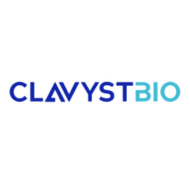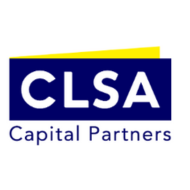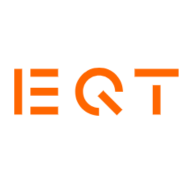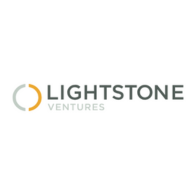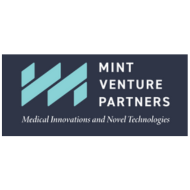
Accelerating biopharma and medtech advancements through innovation, capital and partnerships.
Where global innovation meets investment to shape the future of biotech, medtech, and healthcare in Asia-Pacific.
September 1–2, 2026, Marina Bay Sands, Singapore
September 8–9, 2026, Digital Partnering
Registration is now open!
Join 650+ life science leaders to broaden your reach into the Asia-Pacific life science sector. Secure your spot today!
What you can expect at Asia Bio Partnering Forum
Now in its fourth year, Asia Bio Partnering Forum will unite over 650 innovators from major Asian markets with global life science leaders to foster dealmaking and collaboration across the region.
Unrivaled Networking
Connect with 650+ attendees from across the biotech, pharma, and investment sectors through 2,500+ one-to-one meetings.
Cutting-Edge Content
Gain insights from top industry experts on biotech & medtech trends, investment landscape, market expansion, and cross-border dealmaking
Investment & Deal-Making Opportunities
Explore funding strategies, IPO potential, and M&A trends shaping APAC’s biotech & medtech landscape, with 250+ unique companies in attendance and 300+ licensing opportunities. Hear from 50+ presenting companies at the forefront of life science innovation.
Global Market Access
Learn how to navigate regulatory pathways and successfully expand into international markets, with participants from 30 countries.
Asia Bio Partnering Forum Key Statistics
+
Attendees
+
One-to-one meetings
+
Unique companies
+
Licensing opportunities
Countries represented
Presenting companies
2025 Pharmas in Attendance
2025 Investors in Attendance

Upcoming Asia events:
ChinaBio™ Partnering Forum April April 28–29, 2026.
ChinaBio™ Partnering Forum April 2027.
Sustainability
At Asia Bio Partnering Forum, we are committed to running events which are both environmentally sustainable and socially responsible.
Access the largest network of cross-border dealmakers
EBD Group has over 15 years of experience serving the Asia-Pacific life science market, granting you access to the largest network of cross-border dealmakers and transaction experts. Join us to spark the connections that will help you establish partnerships with key leaders across the life science value chain.
